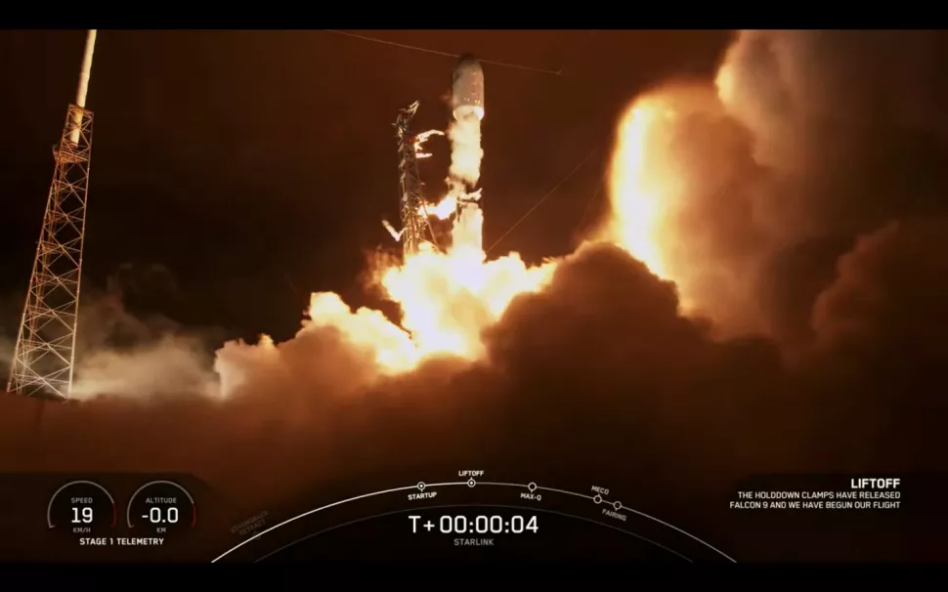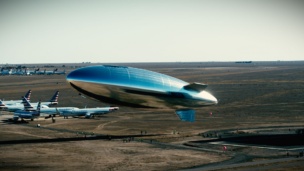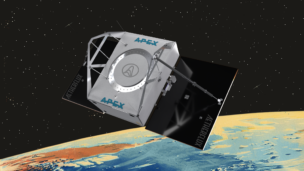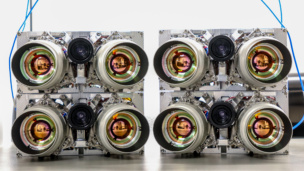ICYMI: SpaceX is hiking up prices for launch, satellite internet, and end user terminals, the company told customers Tuesday (H/T CNBC). The increases are certain to have cascading ripple effects across the space industry, while also affecting the ~250,000 consumers/businesses that use Starlink.
The fine text
Starlink: The broadband-via-megaconstellation service bumped up the cost of initial hardware to $599, a 20% jump. Customers that have already put a deposit down for terminals now owe $549. The monthly internet subscription has also gone up 11% to $110 (vs. the original $99/mo rate).
- The company unveiled a premium, B2B-focused internet service last month that included better hardware and faster internet speeds.
- That service, which has since been rebranded Starlink Business, costs $2500 for hardware and $500 per month for internet service. Those prices, originally lofty, remain unchanged.
Rideshares: The going rate for a spot aboard one of SpaceX’s Falcon 9 rideshares has been $1M for payloads up to 200kg and $5,000/kg above that. The new rates are $1.1M for the first 200kg and $5,500/kg afterwards.
Dedicated launch: A graphic on SpaceX’s website now advertises $67M for a dedicated Falcon 9 launch and $97M for a Falcon Heavy launch. The prices were previously $62M for Falcon 9 and $90M for Falcon Heavy, which represents an ~8% bump for each rocket.
The upshot: Elon Musk has been singing the inflation blues on Twitter recently. He said March 13 that both his EV and space exploration ventures have seen “significant recent inflation pressure in raw materials & logistics.” In customer-facing materials, SpaceX pinned the price hikes entirely on inflation.
SpaceX remains the cheapest and most frequent launch option for its customers, and likely won’t be seeing much change in its demand. Companies hoping to launch satellites on SpaceX rideshares or procure launches will bear the brunt of the impact.





